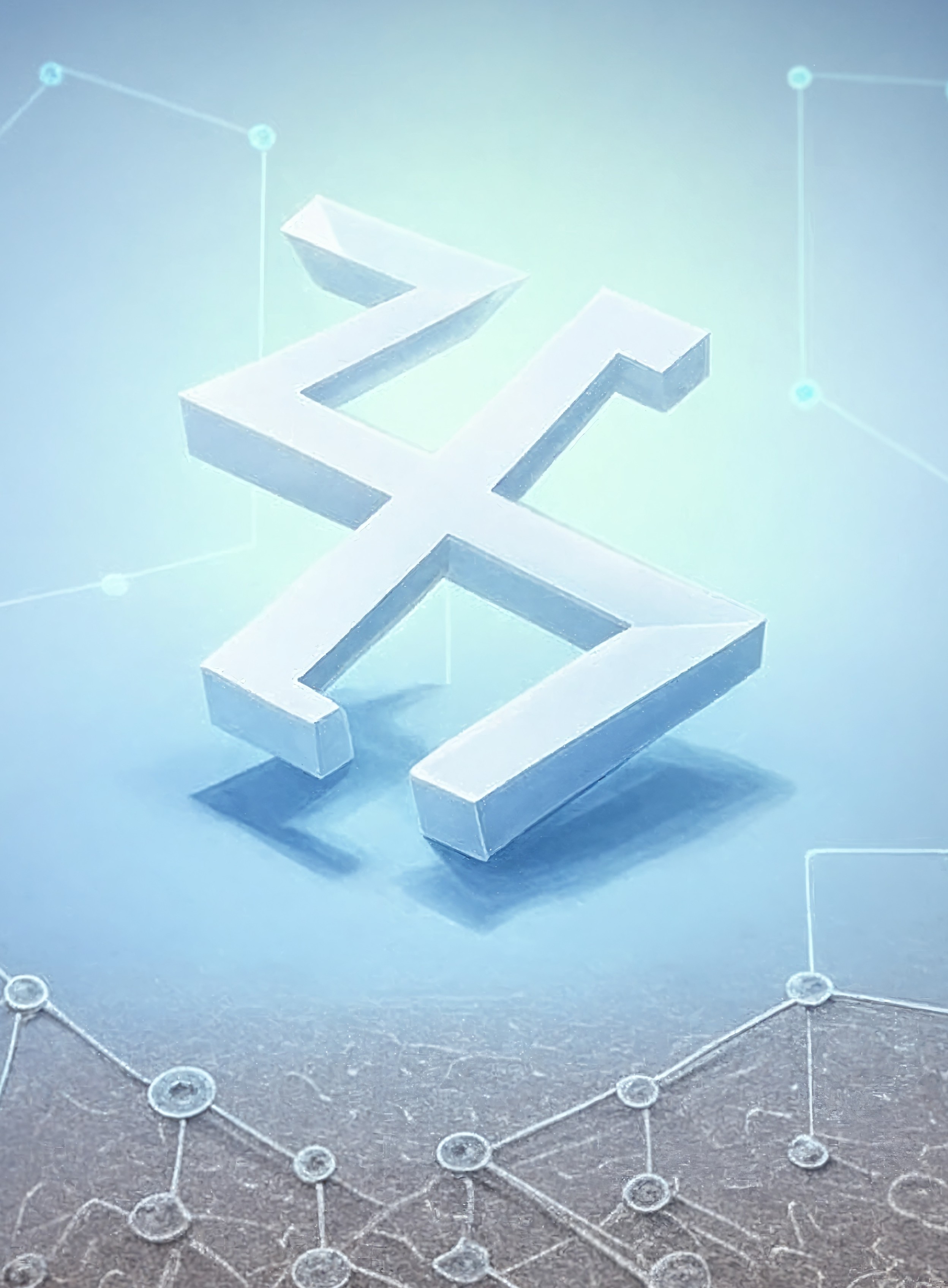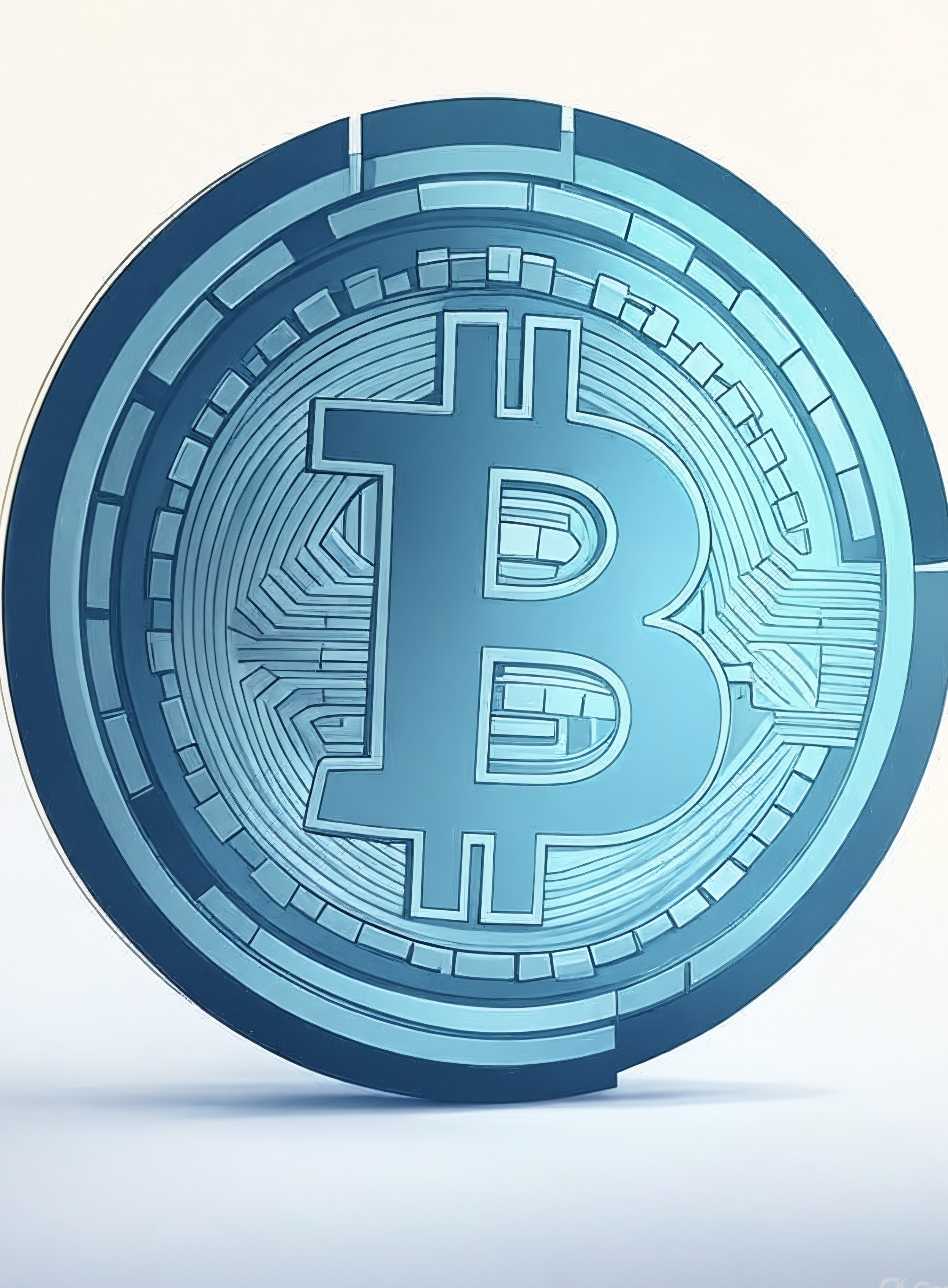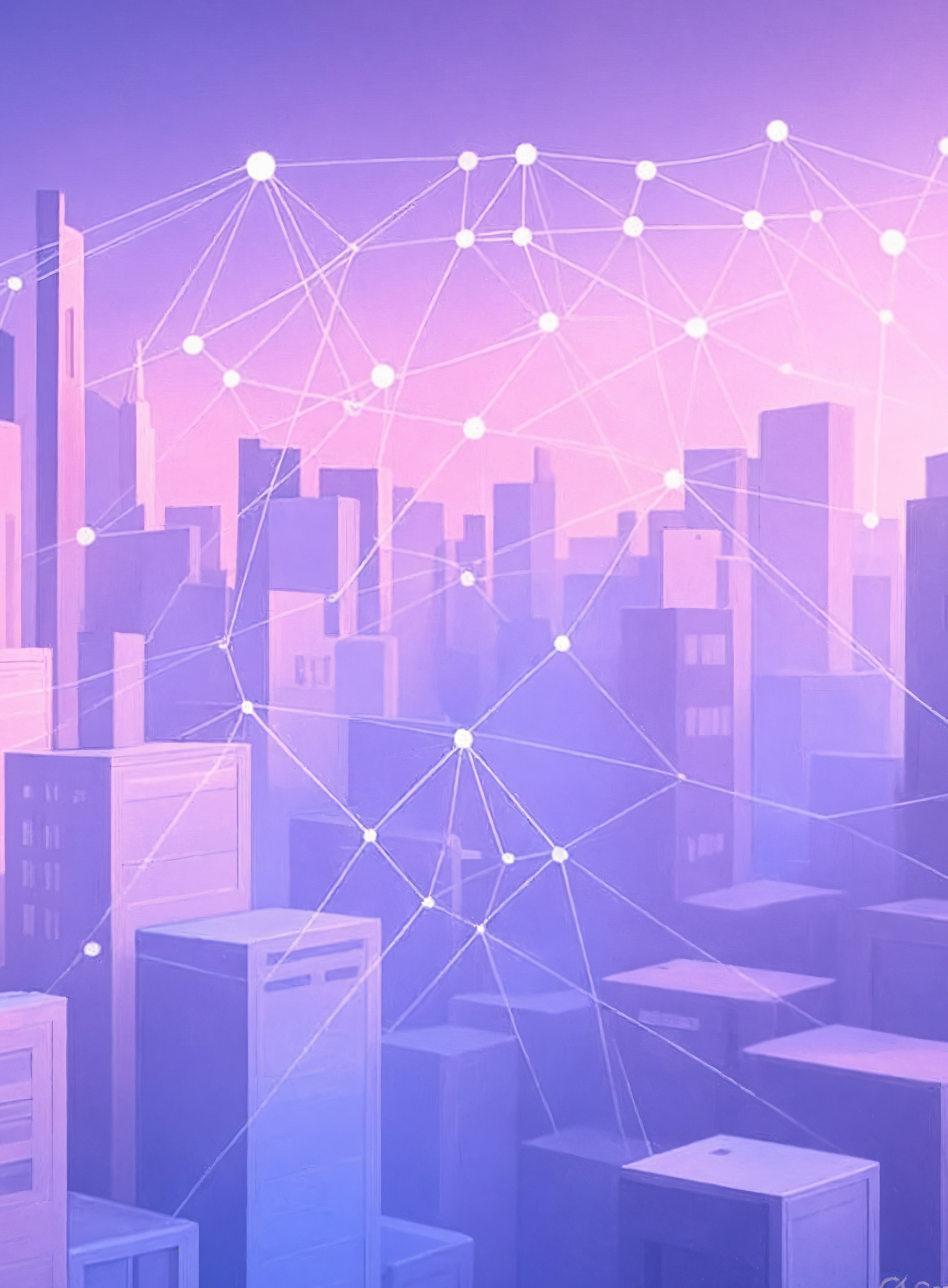
AI and Tokenization Reshape Blockchain's Future
People often think of blockchain as a ledger for cryptocurrencies, but that's just the surface. Deeper down, it's a system for trust in a distrustful world. Now, with AI entering the picture and traditional assets getting tokenized, we're seeing a fundamental shift. This isn't about hype; it's about making data useful and assets liquid in ways that challenge old financial structures.
The Rise of AI in Blockchain Analytics
Blockchain generates mountains of data—transactions, smart contracts, wallet movements. Raw, it's overwhelming. AI changes that by sifting through the noise to find patterns. Think of it as turning a chaotic library into a searchable database.
Recent developments show AI integrating deeply with blockchain tools. The market for blockchain AI is valued at around $0.7 billion now, projected to hit $1.88 billion by 2029, growing at 28% annually. This isn't random growth; it's driven by needs like fraud detection and efficient data management.
Consider how investors use this. Instead of guessing market trends from scattered data, AI provides predictive insights. It spots unusual transaction flows that might signal a pump-and-dump scheme or emerging trends in decentralized finance.
Law enforcement benefits too. Tracing illicit funds on blockchain used to be like following footprints in a snowstorm. AI-powered analytics make it precise, helping combat money laundering without invading privacy unnecessarily.
Complementary Strengths of AI and Blockchain
Blockchain offers immutable records; AI brings interpretation. Together, they create systems where data isn't just stored—it's alive, offering real-time insights. Companies like Chainalysis and Elliptic are leading here, using AI to enhance compliance and security.
In healthcare, firms like Gainify combine AI, blockchain, and IoT for secure data sharing. This points to broader applications: supply chains verifying authenticity, or DAOs using AI for governance decisions.
Experts see this as inevitable. Blockchain's security pairs perfectly with AI's analytical power, reducing risks in crypto markets and beyond.
Tokenization: Bringing Traditional Assets On-Chain
Tokenization turns physical or traditional assets into digital tokens on blockchain. Real estate, stocks, commodities—suddenly, they're divisible, tradable 24/7, with fractional ownership possible.
Sergey Nazarov of Chainlink argues this will redefine the crypto industry. Cryptocurrencies dominate now, but tokenized traditional finance (TradFi) assets represent the future. It's a shift from speculative coins to real-world value digitized.
The global blockchain market is exploding, expected to reach $3.15 trillion by 2034. Tokenization drives much of this, enabling liquidity in illiquid markets. Imagine owning a fraction of a Manhattan apartment, traded instantly without brokers.
Chainlink's oracles are key, providing reliable off-chain data to smart contracts. This ensures tokenized assets reflect real values, building trust.
Implications for Markets and Investors
Tokenization democratizes access. Small investors enter markets once reserved for the wealthy. It increases efficiency: no more waiting for settlement; transactions happen in seconds.
Yet, challenges remain. Regulatory clarity is crucial. Places like Singapore and the EU are advancing frameworks, but inconsistencies could slow adoption.
From a first-principles view, tokenization questions why assets need to be locked in slow, opaque systems. Blockchain offers transparency and speed, potentially reducing costs in traditional finance.
Platforms like Securitize and tZERO are pioneering this, issuing security tokens that comply with laws while leveraging blockchain's advantages.
Synergies Between AI Analytics and Tokenization
These trends aren't isolated. AI-powered analytics supercharge tokenized assets. Analyzing on-chain data for tokenized real estate, AI can predict value shifts based on market trends or even external data like economic indicators.
This synergy creates sophisticated tools. Investors get real-time risk assessments; regulators monitor compliance more effectively. It's like having a financial advisor embedded in the blockchain.
The rise of AI governance in DAOs could further this. Decentralized groups making decisions on tokenized assets, guided by AI insights, might lead to more equitable systems.
North America leads in these innovations, with heavy R&D investment. But the real power lies in cross-industry applications—finance blending with health tech or supply chains.
Challenges and Realistic Expectations
Not everything is smooth. AI in analytics raises questions about data privacy and bias. Tokenization needs robust custody solutions to prevent hacks.
Still, the trajectory is clear. As these technologies mature, they'll address current blockchain limitations, like scalability and usability.
Future Outlook and Recommendations
Looking ahead, AI and tokenization will make blockchain mainstream. By 2030, tokenized assets could be a trillion-dollar market, integrated into everyday finance. AI will evolve to offer predictive analytics, perhaps forecasting asset bubbles before they form.
For startups, focus on interoperability. Build tools that work across chains, using oracles like Chainlink.
Investors should learn these tools. Understand how AI analytics reveal hidden opportunities in tokenized markets.
Regulators might encourage innovation by standardizing rules, fostering growth without stifling it.
The fusion will accelerate adoption, solving real problems like illiquidity and data overload.
Key Takeaways
AI transforms blockchain data into actionable intelligence, enhancing security and decision-making. Tokenization brings traditional assets on-chain, increasing liquidity and access. Together, they redefine crypto, shifting from speculation to practical value. The market growth— from billions to trillions—underscores the potential. Embrace these changes thoughtfully, focusing on trust and efficiency to unlock blockchain's full promise.
Comments
Read more

XRP's $2.40 Buildout Signals Potential Rally
Explore XRP's consolidation near $2.40, whale impacts, and altcoin shifts. Deep analysis on market trends and future predictions in fintech and Web3.

Bitcoin's On-Chain Surge Fuels Q4 Momentum
Explore Bitcoin's robust on-chain metrics and institutional trends signaling Q4 gains, with expert analysis on market dynamics and future predictions.

Brazil's WhatsApp Banking Trojan Surge Exposed
Uncover the Water Saci threat using AI and NFC fraud to target Brazilian users, with expert analysis on evolving cyber risks and defenses.